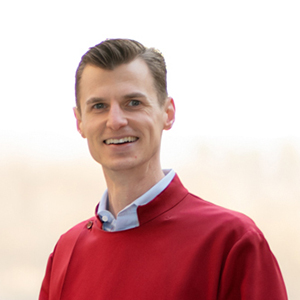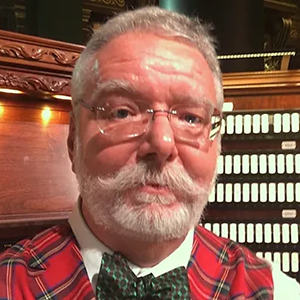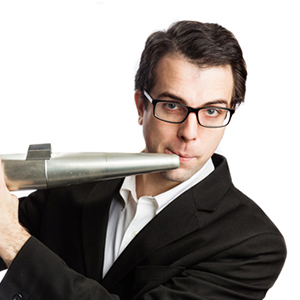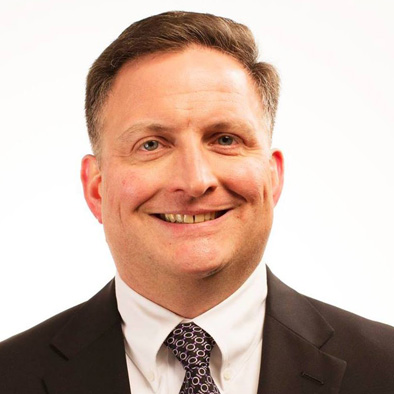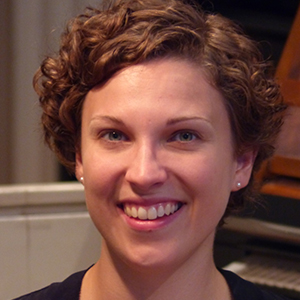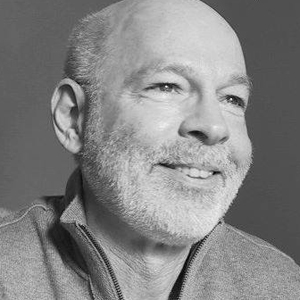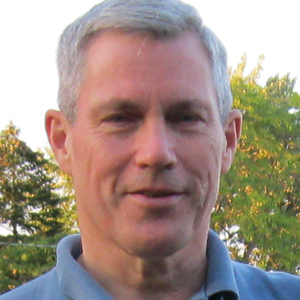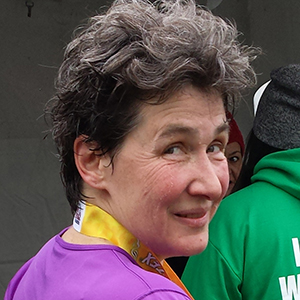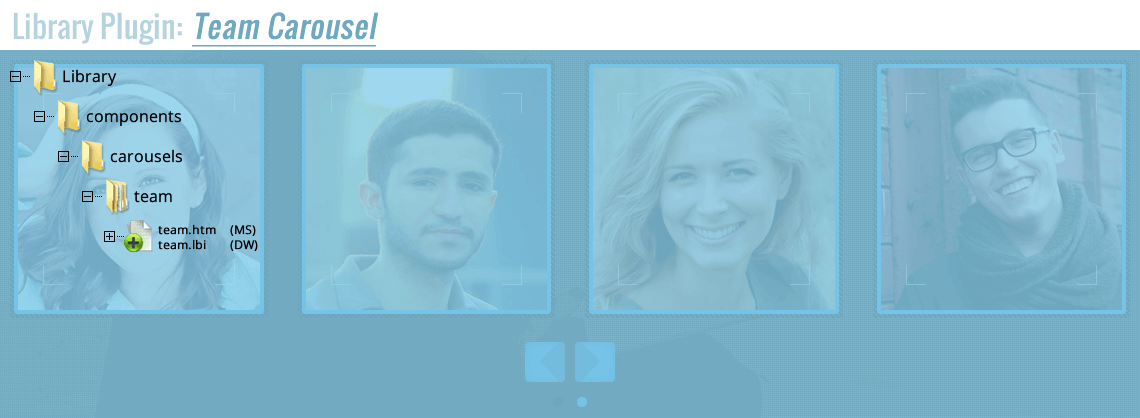The Philadelphia Chapter of the American Guild of Organists
a history of the chapter and affiliated organizations dedicated to the organ, its art and its practitioners
by Jeffrey B Fowler, DMA, November 2016
The AGO was founded in New York in 1896. The Pennsylvania Chapter was formed in 1902, the AGO’s first chapter. By 1960, several chapters were active in the state, and thus the Pennsylvania Chapter was renamed the Philadelphia Chapter. But there’s considerably more to the story of Philadelphia organ culture, its people and personalities and the organizations founded in the name of the organ and its art.
Until the advent of the industrial revolution, new methods of construction and wind supply, and the rediscovery of the organ music of Bach, churches with organs were more the exception than the rule in America. In the latter half of the nineteenth century, Philadelphia society’s thirst for arts and culture brought the organ and its music into the popular arena as large installations in prominent churches and halls thrilled audiences to majestic sounds heretofore unheard, much as the train propelled riders to speeds never experienced in human history.
American Organ Player’s Club
The need for a collegial society of organists became more apparent. It was first met in the United States with the organization of the American Organ Player’s Club of Philadelphia. The American Organ Players Club, founded in 1890, is the pioneer organization of its kind in the United States, and numbers in its membership practically all of the prominent organists of the city. It has enjoyed a well-merited popularity not only in the city of its birth, but in the country at large. (The New Music Review, 22 May 1915, p. 13) Legendary Philadelphia blind organist, David Duffle Wood, founded the organization and was president of the club from its establishment until his death Easter Day 1910. Dr. Wood was the beloved organist and choirmaster at St. Stephen’s P. E. Church at Tenth and Market from 1864 until his death. He was also a founding member of the AGO.
The American Organ Players Club of Philadelphia… is the oldest organists' association in the country (if our information is correct) and has numbered among its officers and members many prominent musicians. Dr. John M'E. Ward is at present its president and Mr. Henry S. Fry vice-president and chairman of the executive committee. The membership is largely confined to Philadelphia and vicinity, although there are a few members from other cities. Admittance to the Club is contingent upon passing examinations of considerable rigor, organ-playing being the prime requisite. (American Organ Quarterly, Issue 1, HW Gray, 1920, p. 47)
American Guild of Organists
The progenitor for the American Guild of Organists was Gerrit Smith, “The Father of the Guild.” Smith, who coined the title of the organization, was a prominent Manhattan organist, who after spending the summer of 1894 in England immersed in the culture of the Royal College of Organists, returned determined to establish a similar organization in America. Twenty prominent organists and fourteen clergy were invited to the first meeting in February 1896. None were from Philadelphia. 145 “Founders” mostly from New York and New England were then invited by these twenty to join the Guild and granted the status of Fellow without examination. These Founders were permitted to add the suffix “A.G.O” to their names. Eight Pennsylvania organists were among this group: Michael Hurley Cross (1833-1897); William Wallace Gilchrist (1846-1916); Russell King Miller (1871-1939); Minton Pyne (1855-1904); Samuel Tudor Strang (1855-1921); Henry Gordon Thunder Jr (1865-1958); John Frederick Wolle (1863-1933); David Duffle Wood (1838-1910).
Like the A.O.P.C., membership in the American Guild of Organists was open exclusively to those who successfully passed rigorous playing and written examinations. In the case of the AGO there were two levels of achievement: Associate and Fellow. It is above all as an examining body that the Guild fulfills the requirements of its charter, and the purpose of these examinations is to raise the efficiency of organists that they may be better qualified for their duties in the church. (The Story of the American Guild of Organists, Samuel Atkinson Baldwin, HW Gray, 1946, p. 63)
During the first years, the Guild’s growth was slow and basically non-existent. Organists accomplished enough to join the fledgling organization saw no benefit and possible embarrassment taking an exam proctored by colleagues who never took the test themselves. By 1900, it became apparent that the examinations were a barrier to future growth. Five years after its founding, only one candidate had attempted the Fellow (and failed). There were a total of five Fellows in the AGO, all who had been granted the certificate ad eundem. The AGO still had no Fellows. (As of 1900 there were 16 Associates.) On May 29, 1902, a handful of Founders sacrificially volunteered to take the exam for Fellow. Five passed. It was into this uncertain context that the Pennsylvania Chapter of the AGO was born.
Unlike the Player’s Club, the AGO was founded on religious principle, initially Anglican and decidedly Christian. There was an established creed, “Declaration of the Religious Principles of the American Guild of Organists” to be read by the Chaplain and Members of the Guild, standing. (The Musical Times, July 1, 1901, p.461) The chapter held periodic public religious services in prominent churches such as The Church of the Holy Trinity on Rittenhouse Square where Ralph Kinder (1876-1952) was organist from 1899 to 1937.
As the twentieth century unfolded, the Guild evolved. The designation Colleague was established in 1909. These were organists proposed for membership by two members in good standing without the examination requirement. Another level of exam, Choirmaster, was added in 1934, but only Founders, Associates, and Fellows were eligible for the designation. In 1959, the Service Playing Certificate was introduced, and in 1978 a level of examination difficulty below that of Associate but above Service Playing was instituted. It was termed Colleague but had no relationship to the obsolete 1909 category.
The First Chapter
The Pennsylvania Chapter was founded June 10, 1902. The following day this article appeared in the Philadelphia Inquirer:
The Pennsylvania Chapter of the American Guild of Organists was organized with a membership of 17 yesterday at a meeting of organists of this city, New York and from various parts of the State, held at the Church House, Twelfth and Walnut Streets. The following were elected: Rev. Julius Bierck, dean; Walter Heaton of Holy Cross Methodist Church, of Reading, secretary; S. Tudor Strang, of St. Mary’s Episcopal Church, treasurer; Executive Committee, Minton Pyne, Ralph Kinder, Russell King Miller, J. Fred Wolle, Walter E. Hall; Advisory Board, Richard L. Brock, George P. Kimball, James W. Paul, Curtis Zantzinger, George Wharton Pepper, Lewis H. Redner. The organization is non-denominational and its purpose is to promote interest in church music and to protect interests of organists.
The Pennsylvania Chapter was thus constituted. The New England Chapter would be next to organize December 28, 1905. Eight more chapters are formed before 1910.
National Association of Organists
The National Association of Organists was formed at Ocean Grove, New Jersey by Dr. Tali Esen Morgan in the summer of 1908 during the annual music festival featuring the unique organ newly installed there. The N.A.O. was formed as a fraternal organization of organists without examination requirements with Will C. MacFarlane (1870-1945) as first president. There were state chapters and members from across the country, many who belonged to both the AGO and the NAO. The NAO had its own publications and held conventions annually, at first in Ocean Grove or Asbury Park, but then across the county, including Philadelphia in 1921 and 1926. The NAO ceased to exist when the group and its members merged with the AGO as of the June 1935 National AGO Convention in New York, further diversifying the character of the AGO.
The Pennsylvania Chapter
Rev. Julius Bierck, organist choirmaster of Church of the Savior (now the Philadelphia Episcopal Cathedral), was the Pennsylvania Chapter’s first dean. After ten years as Dean, George Alexander West, FAGO ad eundem, St. Lukes P. E., Germantown, led the chapter as Dean for the next nine years.
1930s
The Pennsylvania Chapter hosted the National AGO Convention in Philadelphia in the summer of 1930. The registration fee for both AGO and AOPC members was $2.00. All others were $4.00. 350 attended the convention which ended at Convention Hall in Atlantic City on Friday, June 27 with a recital by Rollo Maitland (1884-1953). 1930 National Convention profit was $1,629.23.
In 1939 the AGO inaugurates the practice of holding national conventions every other year, and Philadelphia is the first to host a biennial convention, June 19 to 23. 500 attend to hear organists E. Power Biggs at St. Marks Locust Street, Claire Coci at Second Baptist in Germantown, and Virgil Fox play “Komm Susser Tod” on the Wanamaker organ.
Midwinter Conclave
At the request of National, the chapter hosts the National Midwinter Conclave in Philadelphia, December 27, 28, 29, 1955. Virgil Fox plays the Wanamaker Organ. Robert Elmore plays at Valley Forge Memorial Chapel. Harry Wilkinson, Arthur Howes, and Harry Banks play concerts at Girard College. The 200 voice Bethlehem Bach Choir sings Bach’s Christmas Oratorio accompanied by the Philadelphia Orchestra conducted by Ifor Jones at the Academy of Music in a financially taxing concert. The Moller Organ Company installs and dismantles an organ in the Academy for the Christmas Oratorio and makes a donation of $350. The Conclave banquet speaker is Dr. Henry S. Drinker. Profit from the Conclave is $1,869.
Name Change
AGO National Headquarters requested the chapter change its name in 1960 as by now there are many chapters in Pennsylvania. In 1955 the chapter voted such a proposal down, 81 to 10, but this time the proposition passes easily. The new name is adopted and the chapter’s new official charter reads: This Charter Certifies That the Council has authorized the re-naming of the Pennsylvania Chapter, original Charter June 10, 1902, to the Philadelphia Chapter this sixteenth day of May 1960.
1964 Convention
A record 1,700 attended the 1964 National Convention in Philadelphia, June 22-26 headquartered at the Bellevue-Strafford Hotel. Recitalists for this convention are purposefully American and include: Marilyn Mason (playing an Austin organ set-up in the hotel ballroom), Richard Purvis, John Weaver, Carl Weinrich, Alec Wyton, Robert Anderson, Calvin Hampton, Gerre Hancock, Ladd Thomas, Herman Berlinski, Earl Ness, Robert Baker, Wilma Jensen (played an organ set-up in the Philadelphia Museum of Art), David Craighead, Robert Elmore, and Maurice Duruflé and Marie-Madeleine Duruflé-Chevalier. The convention offered a $4,200 Moller Organ as a door prize!
Endowment
A Trust Fund was established in 1964 to manage the profits of the convention. A committee was set-up to manage the funds which by design may be used for concerts; for educational grants for study of the organ and related fields; and for commissions for the composition of organ or choral music. The fund is currently the chapter’s endowment which has grown from profits from additional conventions and investment.
Third International Congress
In 1977 Philadelphia hosted the Third International Congress of Organists, August 1-4, concluding in Washington, DC, August 5-6. Over 900 attended the Congress which was a project of the AGO, the Royal Canadian College of Organists, and the Royal College of Organists of Great Britain. Music of the twentieth century was the focus of the project. David Hurd and Todd Wilson were competition winners. Organists who performed at the congress included Raymond Daveluy, David Craighead, Fred Swann, Daniel Roth, Judith and Gerre Hancock, and Leonard Raver. Eric Routley spoke at the closing service in the Washington Cathedral.
Regional
The Mid-Atlantic Region III Convention headquartered at the Adam’s Mark Hotel was held in Philadelphia July 9-13, 1989, a project co-chaired by Dennis Elwell and Catherine Robinson. 356 attendees heard performances offered by Diane Meredith Belcher, James Kibbie, Gillian Weir, Kim Heindel, Robert Anderson, and Thomas Murray.
Celebrating the First Century
To celebrate the 100th anniversary of the chapter’s founding, Jennifer Higdon was commissioned to compose a work for brass and organ. Higdon’s “Ceremonies” was performed by organist John Weaver and the Chestnut Brass in a program at St. Mark’s which included the St. Mark’s Chamber Singers, Donald Nally and Scott Dettra on June 3, 2002.
The chapter hosted the National AGO Convention in 2002 based at the Philadelphia Marriott Hotel, July 2-6. 2,500 attended the convention headlined by John Weaver, Gerre Hancock, Jane Parker-Smith, Marilyn Keiser, James David Christie, Diane Meredith Belcher, Cherry Rhodes, The Bethlehem Bach Choir, Norman MacKenzie, Hector Olivera, Robert Plimpton, and Alan Morrison who played the convention’s featured commission composed by William Bolcom in memory of William Albright (1944-1998). Dennis Elwell, who co-chaired the 1989 regional, was the National Convention Coordinator.
Education
Over the years the Philadelphia Chapter has been a leader in education, offering classes to assist organists pass AGO exams and offering workshops annually to benefit musicians of not only the chapter, but of the entire region. A summer conference at Krisheim, then a Presbyterian Conference Center on the east side of Chestnut Hill, was held from 1972 to 1979. A “Pipe Organ Encounter” for keyboard students in middle and high school was held in 1996 and 2006. “Pedals, Pipes and Pizza,” an introductory workshop to the organ for all ages, was sponsored by the chapter in 2012 & 2015. The chapter’s winter workshop, “January JumpStart” has been an annual event since 2003 and continues to grow as neighboring chapters join in the event. The National AGO has copied the idea flatteringly renaming it “January Jubilee.”
Organ Day
Kimmel Center Organ Day has become an annual June event organized by Kimmel Center staff and supported by the Philadelphia AGO. Verizon Hall is open all day to any who wish to enter and experience the Fred J Cooper organ (Dobson, 2006), especially children and their families. Tim Evers (Wayne Presbyterian Church) has been instrumental as the chapter’s liaison to the Kimmel Center. Michael Baron (Public Radio’s Pipedreams) serves as master of ceremonies and the day is underwritten by generous grants from Frederick Haas and the Wyncote Foundation.
To be continued…
Sources
- American Guild of Organists Centennial (The Examinations and Academic Regalia of the American Guild of Organists), by Agnes Armstrong, CAGO, The American Organist, July 1996
- The Story of the American Guild of Organists, Samuel Baldwin, H.W. Gray, 1946
- Philadelphia Studies (mostly, a look at Philadelphia's Episcopal Churches through their Parish Archives), online resource curated by Michael Krasulski at wordpress.com
- American Guild of Organists Yearbook and Directory, 1940-1941, New York
- Convention and Conclave Program Books: 1935, 1939, 1955, 1956, 1964, 1989, 2002
- Pennsylvania and Philadelphia Chapter AGO minutes 1929-1933, 1949-1967, 1971-present
- Crescendo (newsletter of the Philadelphia Chapter of the American Guild of Organists): a paltry number of editions
- Various newspaper articles, 1890-2006
- Publications and Journals of the AGO, the NAO, Etude Magazine, and other musical journals accessible online
